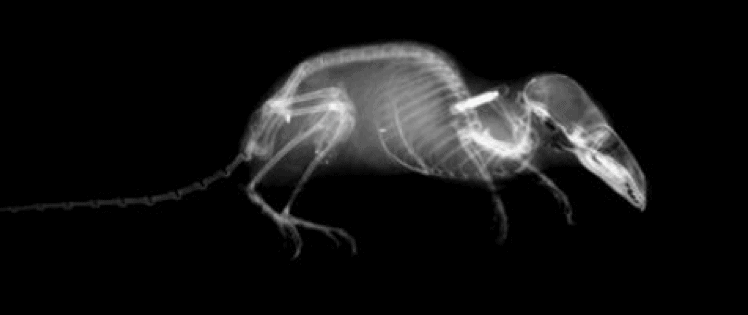The taste of winter lingers in the air,
As distant cousins, all head off to sleep;
Yet you are wide awake and have no lair,
Instead your body slowly starts to seep.
As distant cousins, all head off to sleep
Your instinct is to gently fade away;
Instead your body slowly starts to seep,
As organs, brain, and spine all now decay.
Your instinct is to gently fade away,
Do you remember how you were before?
As organs, brain, and spine all now decay,
You’re sure there used to be a whole lot more.
Do you remember how you were before?
The weather has become far less unkind;
You’re sure there used to be a whole lot more,
Now lodged forever somewhere in your mind.
The weather has become far less unkind,
Yet you are wide awake and have no lair;
Now lodged forever somewhere in your mind,
The taste of winter lingers in the air.

This is a pantoum, inspired by recent research which has measured the extent to which some species of shrews are able to shrink their heads in advance of winter, and then re-grow them during the following spring.
It has been known since the 1940s that the braincase of shrews shrinks significantly over the winter and expands again in the spring, a fact that was first discovered by the Polish zoologist August Denhel, and is subsequently referred to as the Dehnel phenomenon. However, this study is the first to fully document the shrews’ shrunken heads by following individual animals over the course of the seasons; using microchips and x-rays to first identify the shrews and then measure the extent of the shrinkage and re-growth. On average, it was found that the height of the braincase decreases by 20% on the approach to winter, re-growing by 15% (to almost the same level as before) during spring.
Changes are not only limited to the skull: with several major organs and the spine also losing mass and getting shorter in the winter, before re-growing in the spring. The reasons for this shrinkage and re-growth are still not fully understood, although it is thought that the reduction in size helps them to live through food shortages, as unlike many other animals, shrews don’t migrate or hibernate during the winter. The mechanisms through which the skulls shrink is still not fully understood either, and further research is needed to understand how this shrinkage and re-growth potentially affects the shrew’s mental processing capabilities.
An audio version of this poem can be heard here.
Discover more from The Poetry of Science
Subscribe to get the latest posts sent to your email.
very nice Sam, I like this, and shrews are so cute.
Compliments & a nice weekend,
Rolf
Thanks Rolf, you too 🙂
Hi Sam,
Javier just sent me the link to this page. Thank you for translating our work into poetry, I like it.
I personally would say your poem needs one or two more strophes to portrait the re-growth in spring. That’s the part which would add hope, when the shrews, still under unpleasant winter conditions, start to regrow to meet a mate and reproduce in their second summer….
Moritz
Thank you Moritz,
I completely agree. Hopefully I can wrote a follow-up to this poem where I explore a slightly happier end for the shrew. What most fascinated me about your incredible work is that part of the shrew’s braincase does not re-grow. I wonder if it contains latent memories, and I will be fascinated to see how this shrinking and re-growth affects cognitive thought. 🙂
That’s insane! I’d think the brain would be one of the most important organs to protect and maintain when resources become scarce.
I agree! I was really shocked that this had been known about in some form or another since the middle of the last century as well! 🙂